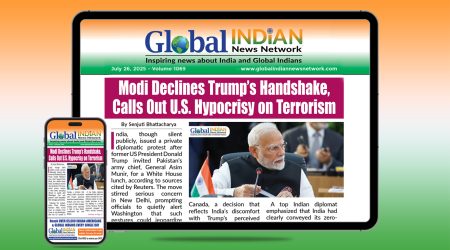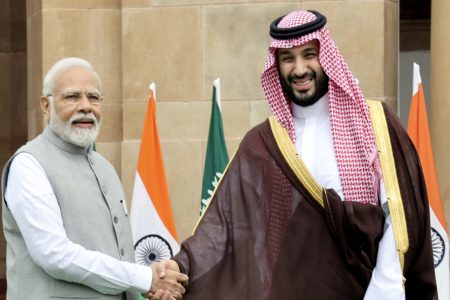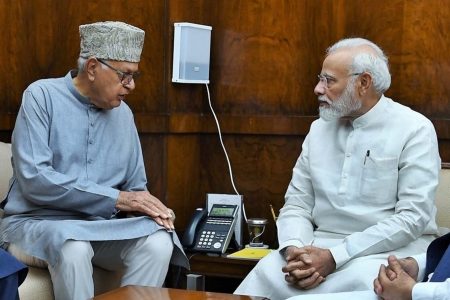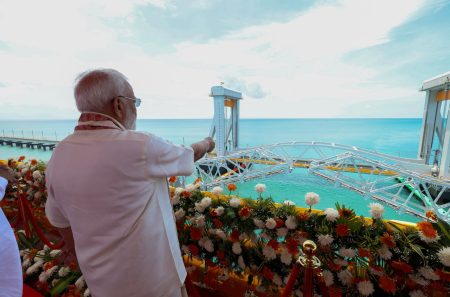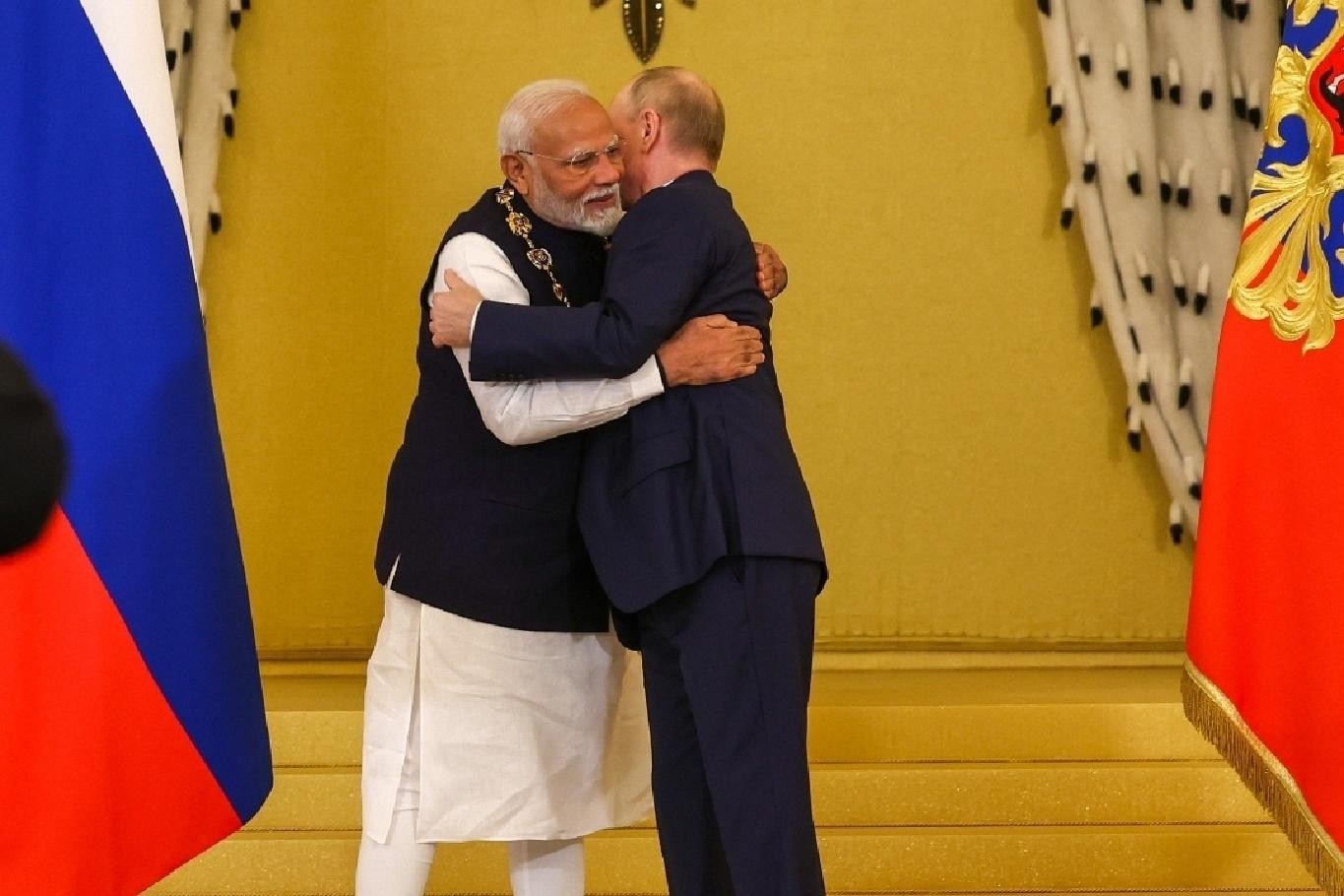
Prime Minister Narendra Modi’s visit to Austria was described as “historic” and “extremely fruitful,” invigorating the relationship between India and Austria. Modi’s previous warm interactions with Russian President Vladimir Putin signaled to Russia that it doesn’t need to rely solely on China for support against Western pressures following the Ukraine conflict. This also conveyed to the West that India aims to maintain its autonomy and avoid over-dependence on Western powers in its strategic dynamics with China.
Marking the first visit of an Indian Prime Minister to Austria since 1983, the trip showcased India’s intent to collaborate with non-NATO nations on high-tech infrastructure and winter equipment. During his time in Moscow, Modi reassured Putin of India’s readiness to aid in achieving regional peace and exchanged candid views on the Ukraine issue. Putin lauded the enduring Indo-Russian friendship and congratulated Modi on his electoral success, presenting him with Russia’s highest civilian award, the Order of St Andrew the Apostle the First-Called.
In economic terms, India and Russia set a new trade goal of $100 billion by 2030. However, U.S. National Security Adviser Jake Sullivan expressed skepticism about Russia’s reliability as a long-term partner for India, especially given Russia’s growing dependence on China.
Upon arriving in Vienna, Modi received a ceremonial welcome from Chancellor Karl Nehammer, emphasizing the 75-year diplomatic bond between India and Austria. Both leaders discussed global geopolitical challenges, with a focus on Ukraine and West Asia, and underscored the importance of dialogue and diplomacy over military solutions. They condemned terrorism and outlined plans for future collaboration in various sectors, including renewable energy and technology. Modi invited Austria to join international alliances focused on solar energy, disaster resilience, and biofuels. Austrian President Alexander Van der Bellen highlighted the need for India as a partner in Austria’s journey toward climate neutrality.

